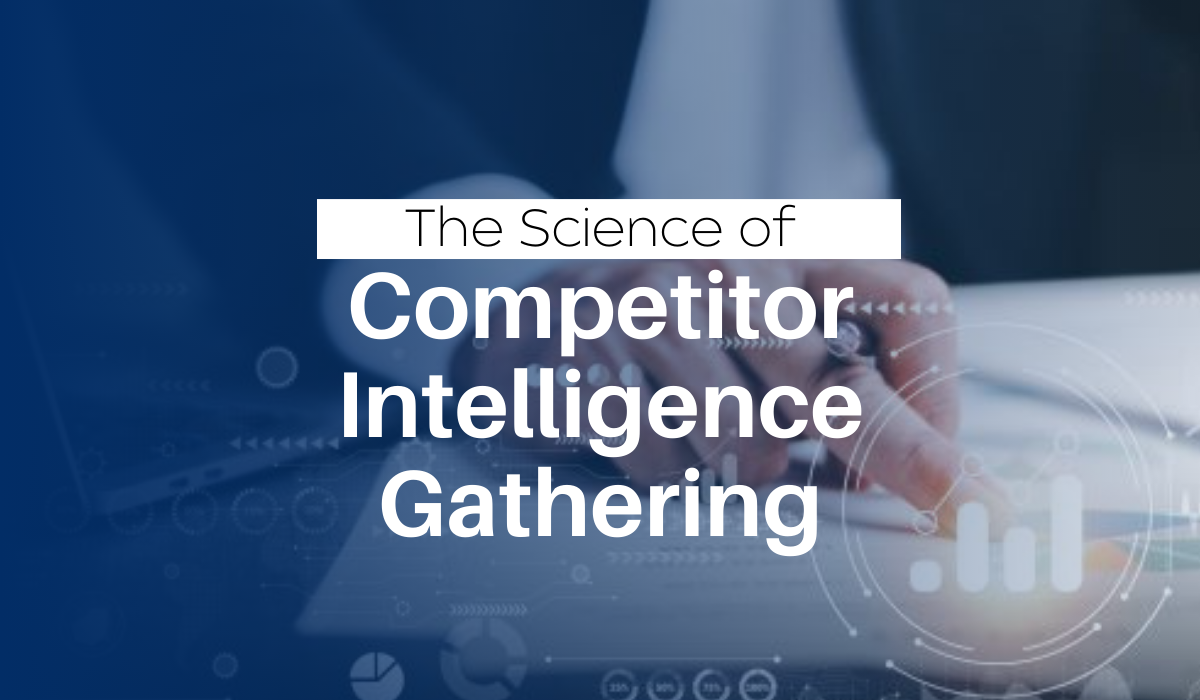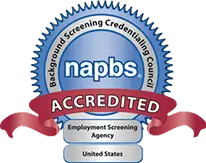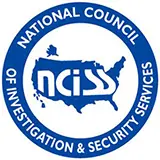Competitor intelligence gathering, a rather strategic process that takes into account, collecting, analyzing, and interpreting information about rivals in the market, is a critical component of any successful business strategy. This article takes a good look at the importance of competitor intelligence, some more key methods for gathering it, and how businesses can leverage this knowledge to gain a competitive edge.
The Significance of Competitor Intelligence
Competitor intelligence serves as a strategic type of compass for businesses, offering valuable insights into the dynamic marketplace. Understanding your mode specific competitors allows you to identify potential threats, uncover opportunities, and make informed decisions that can enhance your market position. By staying well-informed about the actions, strengths, and weaknesses of competitors, organizations can develop proactive strategies that mitigate risks and exploit market gaps.

Methods of Competitor Intelligence Gathering
Traditional Methods
- Surveys and Questionnaires: Gathering information through surveys and questionnaires helps uncover customer perceptions and preferences regarding both your products and those of your competitors.
- Publicly Available Data: Analyzing publicly available data, like that of certain types of financial reports, press releases, and industry publications, provides insights into the financial health, market positioning, and strategic moves of competitors.
- Networking and Industry Events: Attending industry events, conferences, and networking opportunities allows businesses to gather intelligence through informal conversations and interactions with industry insiders.
Technology-Driven Approaches
- Web Scraping: Automated tools can be employed to scrape data from competitors’ websites, social media platforms, and online forums, providing real-time information on product releases, customer feedback, and market trends.
- Competitor Monitoring Software: Specialized software can track and analyze competitors’ online activities, including website changes, social media updates, and digital marketing strategies.
- Big Data Analytics: Utilizing big data analytics allows businesses to process vast amounts of data to uncover patterns, trends, and anomalies that can inform strategic decisions.
Human Intelligence
- Employee Insights: Former employees or industry insiders may provide valuable information about competitors’ internal workings, product development, and strategic plans.
- Mystery Shopping: Engaging in mystery shopping exercises helps businesses experience competitors’ products and services firsthand, providing insights into customer service, pricing strategies, and overall customer experience.
- Industry Experts and Consultants: Seeking insights from industry experts and consultants can offer a broader perspective on market trends and competitor dynamics.
Leveraging Competitor Intelligence for Success
Strategic Positioning
- Identifying Market Gaps: Competitor intelligence helps businesses identify unmet needs in the market, allowing them to tailor products and services to fill these gaps.
- Differentiation: Understanding competitors’ strengths and weaknesses enables businesses to differentiate themselves effectively, whether through product innovation, superior customer service, or strategic pricing.
Risk Mitigation
- Anticipating Moves: By monitoring competitors closely, businesses can anticipate potential competitive threats and proactively devise strategies to counter them.
- Market Entry and Expansion: Before entering a new market or expanding operations, competitor intelligence helps businesses assess the competitive landscape, regulatory environment, and consumer behavior.
Product Development and Innovation
- Benchmarking: Analyzing competitors’ products allows businesses to benchmark their own offerings, identify areas for improvement, and stay ahead in terms of innovation.
- Collaborative Opportunities: Identifying gaps in competitors’ product portfolios presents collaboration opportunities, such as strategic partnerships or acquisitions.
Competitor intelligence gathering is not just a task; it’s a strategic imperative for businesses seeking sustained success in today’s competitive environment. By employing a combination of traditional methods, technology-driven approaches, and human intelligence, organizations can stay one step ahead, making informed decisions that drive growth and resilience. In a world where change is constant, competitor intelligence is the compass that guides businesses through the dynamic landscape, unveiling opportunities and positioning them for success.










